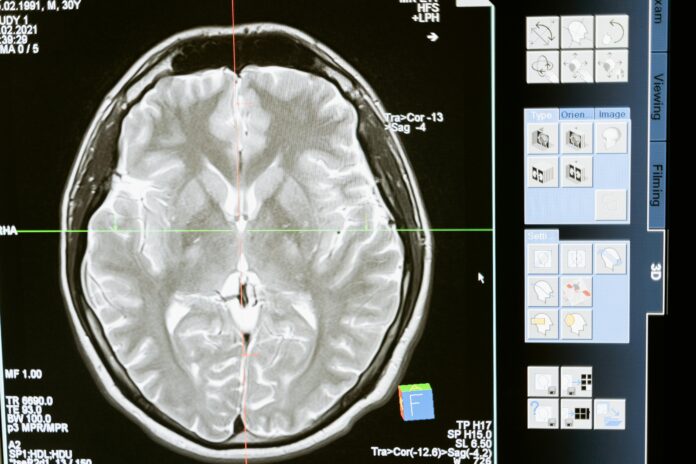If you’re living in Canada, chances are high that you’ve been affected in one form or another by the country’s ever-present housing crisis. Soaring rental prices and record low vacancy rates have forced government action, with the recent announcement of a $6-billion investment by the federal government demonstrating the scale of the problem.
As an increasing number of Canadians get pushed out of the housing market, we have also seen a rise in the number of people experiencing homelessness, with one recent review finding that around 235,000 Canadians on average experience homelessness each year — though some suspect the true number to be higher.
While prior research has examined the daily routines and economic recovery of those experiencing homelessness, a large body of work is focused on the physical and health impacts of being unhoused. As a new study from a team of researchers, including from Western University, suggests, individuals experiencing homelessness are found to develop dementia more frequently and at younger ages.
The context
The authors establish the context of their research by highlighting that individuals experiencing homelessness have been found to have increased rates of cognitive impairment and more rapid cognitive decline due to a variety of factors including trauma, malnutrition, and environmental hazards. Those experiencing homelessness have also been found to demonstrate higher rates of dementia.
However, the authors point out that a majority of the research in this subfield has focused specifically on veterans who are experiencing homelessness, making it difficult to extrapolate findings to the general population due to the former’s history of combat experience.
To investigate the prevalence of dementia in those experiencing homelessness, the researchers used 2019 administrative data from the Ontario healthcare system to compare these rates to those of low-income Ontarians and the general population. Within the data, individuals were classified as experiencing homelessness if their healthcare records included a code of “homelessness” or “inadequate housing”, if their residence was listed as “homeless” or “shelter”, or if they were listed as being admitted/discharged from “homeless (with or without shelter)”.
The results
Nearly 2.3 million Ontarians were included in the study, with over 12,800 experiencing homelessness, over 475,000 being in the low-income group, and over 2.2 million being in the general population group. Those who were experiencing homelessness were more likely to also experience head trauma, COPD, epilepsy, HIV, and mental health disorders.
In line with previous research, the authors found that those experiencing homelessness were 1.7 times more likely to experience dementia than the low-income group and 1.9 times more likely than the general population group. This difference was particularly stark for those between 55-64 years of age, with these ratios increasing to nearly 3.4 and 5.0 respectively.
To drive home the gravity of this issue, the authors highlight that the number of older adults experiencing homelessness is projected to double by 2030, suggesting a sharp rise in the rates of dementia as well.
As the study’s primary author stated in a press release, “Our findings suggest that unhoused individuals should be screened for dementia at younger ages, rather than waiting until age 65 as many guidelines suggest.”








































